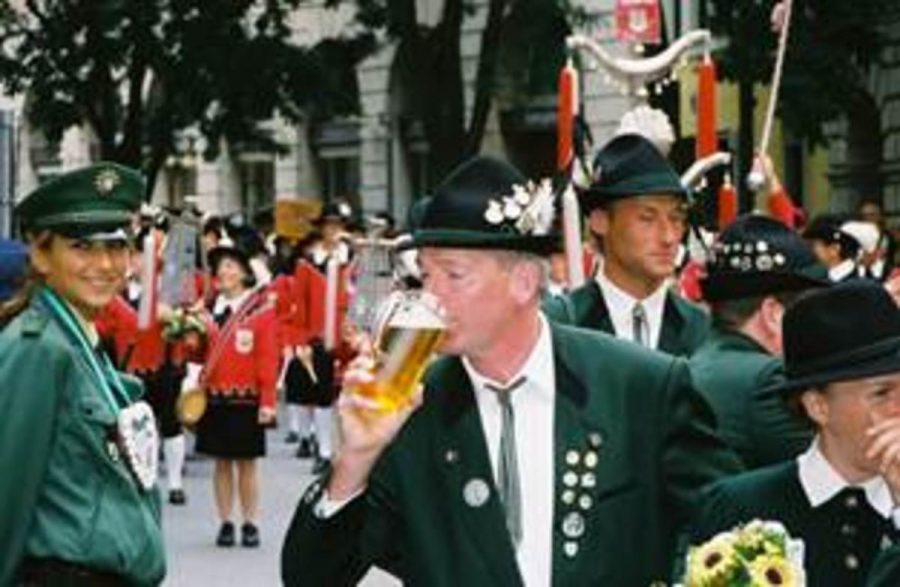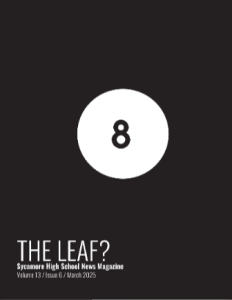German alcoholics ‘Pick Up’ trash for beer
Germany is known for Oktoberfest, sausages and beer. That beer is now motivating severe alcoholics to stop loitering in the town square and give to society. The brand of beer varies each day depending on what is cheapest.
October 14, 2014
Everyone needs motivation. That motivation may be supporting a family or the promise of dreams dangling on the other side of a diploma. The city of Essen, Germany hopes that others might find that motivation in beer.
Addict Support Essen, a charity group, is enacting a project called Pick Up on Oct. 1, 2014 in which homeless alcoholics and drug addicts are paid with beer for menial cleaning jobs to get them off the streets.
The initiative is inspired by the success of a similar project in Amsterdam led by the Rainbow Group and primarily funded by the Dutch government.
“There’s something to do. There’s a reason to get up. They have contact, fellowship, and they’re not drunk here,” Rainbow Group leader Jeanette Van Der Noord said to The New York Times. “They only get five beers, which they need to feel not ill.”
Participants in the project receive five beers, half a pack of rolling tobacco, a hot lunch, and $13 per day. With only five beers a day, the program actually makes the severe alcoholics drink less than they used to.
Despite the positive reports and popularity of the initiative in Amsterdam and reassuring explanations of charity leaders, Pick Up still faces heavy criticism and skepticism.
“The city wants to get the homeless out of public sight. It should not be tolerated that beer is served to severe alcoholics, paid with public funds,” German charity employee Horst Renner said to NBC News.
However, the alcoholics involved have given up on overcoming their addictions but employees like Ramon Spits and Rene are happier. Ramon claims that he feels control over his life and free from the expectations to change.
“They used to treat us like garbage – and now we are picking up their garbage, we are not the garbage anymore,” Rene said.
The project has already been picked up by three new districts in Amsterdam and multiple other Dutch cities hoping for the same positive results.







